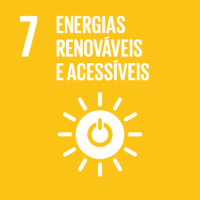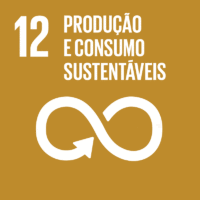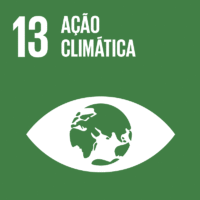Ciência_Iscte
Comunicações
Descrição Detalhada da Comunicação
EU ETS impact on companies’ performance in Portugal: a sector analysis
Título Evento
7th APEEN Conference / Energy Economics International Conference
Ano (publicação definitiva)
2023
Língua
Inglês
País
Portugal
Mais Informação
Web of Science®
Esta publicação não está indexada na Web of Science®
Scopus
Esta publicação não está indexada na Scopus
Google Scholar
Esta publicação não está indexada no Overton
Abstract/Resumo
The main goal of this study is to evaluate the influence of the European Union Emissions Trading System (EU ETS) on the Financial Performance of Portuguese firms and to assess its effectiveness in changing firms’ environmental behavior. Empirically, it intends to test how Portuguese companies are financially impacted by the EU ETS system and its allowances market. To this end, it was initially estimated a simple panel model for the period between 2012 and 2020 for the Portuguese companies using European Commission's and SABI´s (Iberian Balance Sheet Analysis System) database. Afterward, a generalized method of moments (GMM) estimations was performed. From the results, it was possible to observe that the impact of EU ETS is limited, albeit with a negative effect on the profitability of companies, as it tends to reduce emissions, and these are positively related to the firm’s profits. Furthermore, the results show evidence that technology policy has become an important part of the policy portfolio that complements climate policy. Based on these findings, the paper provides some advice for policymakers on how to improve the existing policy portfolio.
Agradecimentos/Acknowledgements
--
Palavras-chave
EU ETS,Emissions,European Carbon Market,Firm Performance,Panel Data
Contribuições para os Objetivos do Desenvolvimento Sustentável das Nações Unidas
Com o objetivo de aumentar a investigação direcionada para o cumprimento dos Objetivos do Desenvolvimento Sustentável para 2030 das Nações Unidas, é disponibilizada no Ciência_Iscte a possibilidade de associação, quando aplicável, dos artigos científicos aos Objetivos do Desenvolvimento Sustentável. Estes são os Objetivos do Desenvolvimento Sustentável identificados pelo(s) autor(es) para esta publicação. Para uma informação detalhada dos Objetivos do Desenvolvimento Sustentável, clique aqui.

 English
English




